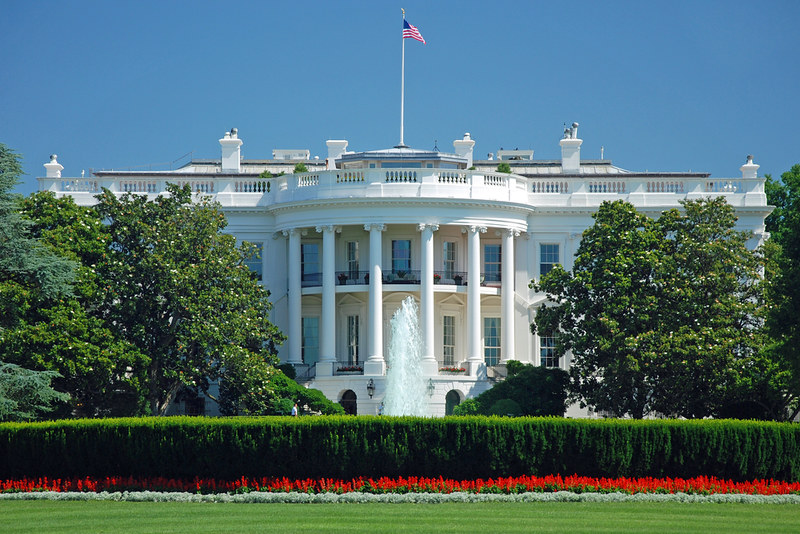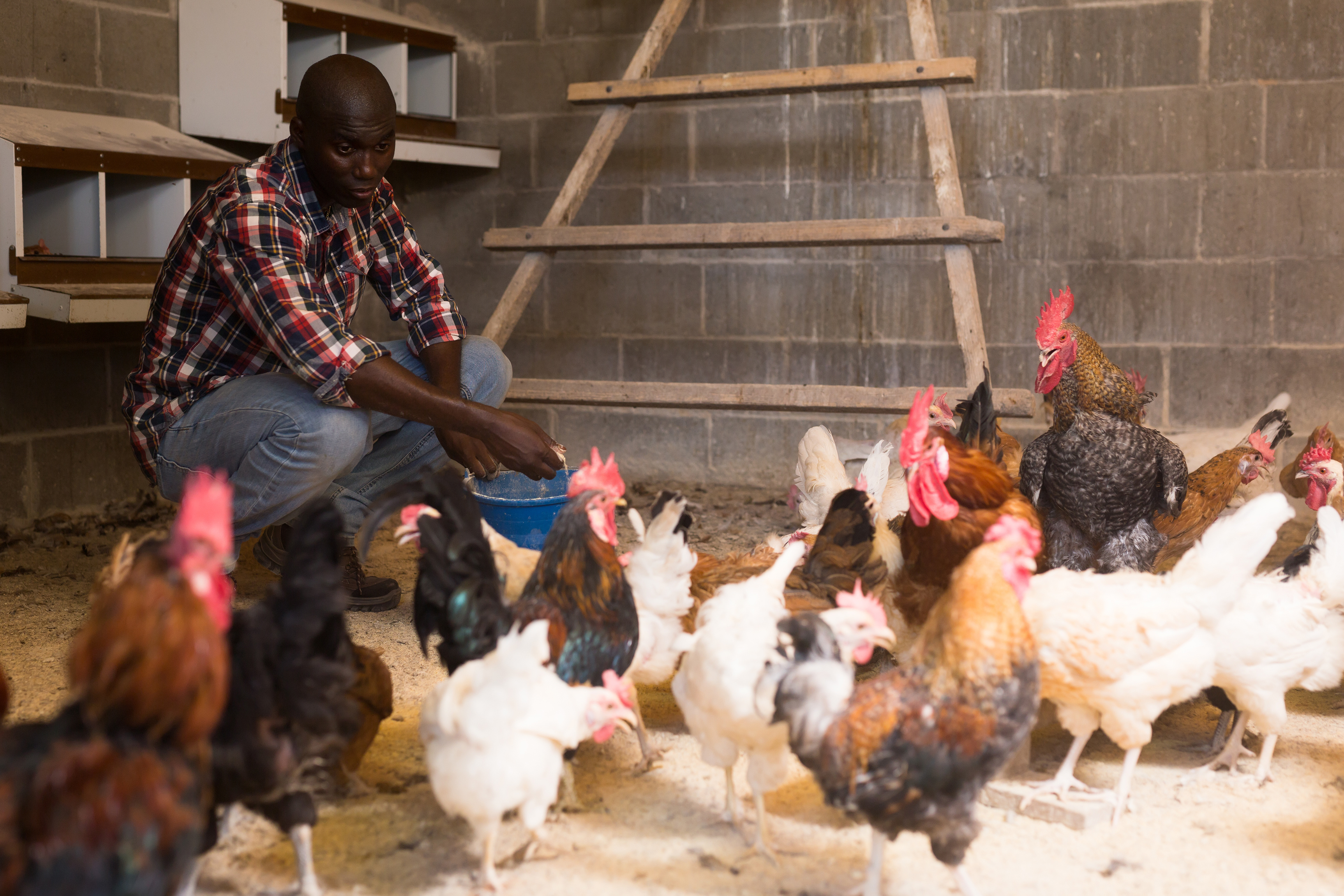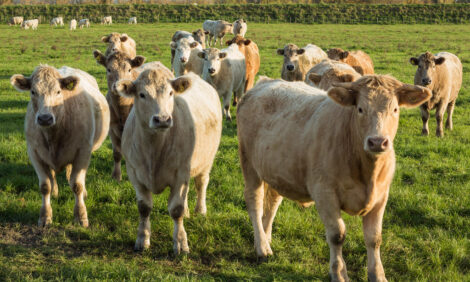



What's in the American Rescue Plan?
The US House of Representatives has passed HR 1319, the American Rescue Plan Act of 2021 - what does this mean for US agriculture?The USDA says that the legislation is a critical step in getting the US economy back on track, getting children back to school, getting COVID-19 vaccinations to all Americans, and pulling millions out of poverty. Specifically, provisions within the jurisdiction of the USDA will reduce hunger across the country, strengthen the food supply chain, invest in rural America, and provide long awaited support to underserved, socially disadvantaged farmers.

Getting food on the table
As a result of the COVID-19 pandemic, as many as 30 million adults and 12 million children may not always have access to nutritious food. The American Rescue Plan provides bold solutions that work toward the goal of ending food insecurity by providing:
- Access to the Pandemic EBT (P-EBT) program available for the duration of the health emergency, including through the summer, to allow families with children receiving school meals to purchase healthy food more easily during the pandemic.
- An extension to the 15% increase in Supplemental Nutrition Assistance Program (SNAP) benefits for all participants through 30 September 2021, or about $27 per month per person, with $1.15 billion allocated for the cost of state administrative expenses.
- Investments in technological improvements to expand access for families to use their SNAP benefits to purchase groceries safely online.
- $880 million to deliver expanded access to more fruits and vegetables for moms and babies and investments in innovation to the Special Supplemental Nutrition Program for Women, Infants, and Children (WIC).
- $37 million for senior nutrition through the Commodity Supplemental Food Program.
- $1 billion in nutrition assistance for the territories.
Strengthening the food supply chain
- To respond to disruptions in the food supply chain caused by the COVID-19 pandemic, the American Rescue Plan makes long-term investments to increase the resiliency of the food supply in the future:
- Increases food available for distribution through food banks, non-profits, or restaurants to help feed families in need and at the same time supports farmers by purchasing their products.
- Provides grants and loans to reimburse or purchase personal protective equipment, test kits, and other measures to keep essential food workers safe.
- Invests in infrastructure and retooling support for food processors, farmers markets, food banks, local food systems, and producers to build resiliency in the food supply for the long term.
- Funds the monitoring of COVID-19 in animals and reduces overtime inspection fees paid by small meat and poultry processors, supporting livestock and animal health.
Supporting farmers of colour
For generations, socially disadvantaged farmers have struggled to fully succeed due to systemic discrimination and a cycle of debt. This struggle is exacerbated by a disproportionate amount of COVID-19 infection rates, loss of property, hospitalizations, death, and economic hurt amongst socially disadvantaged groups. The American Rescue plan takes key steps in assisting marginalized communities through a different approach with:
- $4 billion toward debt relief for socially disadvantaged farmers to pay off burdensome debts that have prevented many farmers of colour from making a living or taking advantage of opportunities to grow or explore value-added strategies.
- $1.01 billion in funding to USDA to create a racial equity commission and address longstanding discrimination across USDA by investing in land access, outreach, education, assistance overcoming barriers to access to USDA programs, business development, and more.

Restoring rural America
COVID-19 has had a lasting impact on Rural America. Families have lost their homes, students have resulted to unconventional solutions to access schoolwork online, the need for food has been at an all-time high, and access to COVID-19 testing and vaccinations have been limited. The American Rescue Plan implements funding that invests in the people of Rural America:
- $500 million in Community Facility Program funds to help rural hospitals and local communities broaden access to COVID-19 vaccines & food assistance.
- $100 million through September 2022 in rental assistance for low-income and elderly borrowers.
- $39 million through September 2023 to help refinance direct loans under the Single-Family Housing Loan Program and the Single-Family Housing Repair Loans & Grants.
In addition to programs facilitated by USDA, the American Rescue Plan provides significant investments into rural communities by expanding internet connectivity and establishing a homeowner assistance fund to assist struggling homeowners with mortgage payments, property taxes, property insurance, utilities and other housing related costs.
TheCattleSite News Desk


